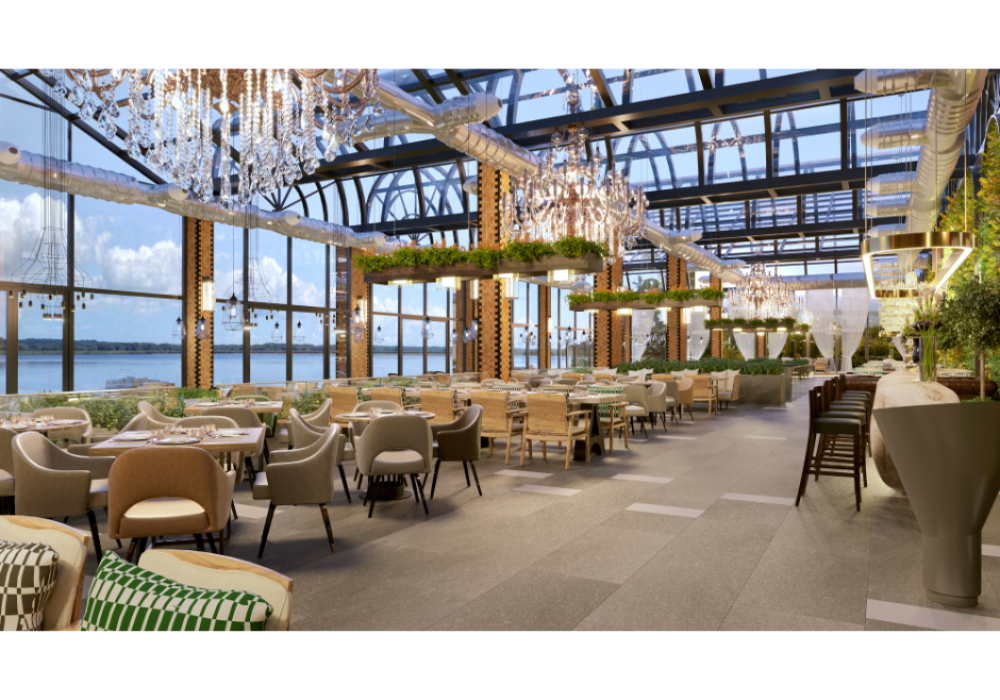
A Restaurant Management System, often referred to as RMS, is an integrated software solution specifically designed to streamline and optimize various operational aspects of a restaurant. This comprehensive system combines multiple modules and features to facilitate efficient management of daily tasks, enhance customer service, and improve overall business performance.
Key components of a Restaurant Management System typically include:
Point of Sale (POS): The POS module allows for smooth order processing, billing, and payment handling. It enables servers to take orders electronically, sends them directly to the kitchen, and calculates bills accurately, minimizing errors and expediting service.
Table Reservation and Management: This feature enables customers to make table reservations online, and restaurant staff to efficiently manage table assignments and seating arrangements.
Inventory Management: The inventory module tracks ingredient and supply levels in real-time, helping managers optimize stock levels, reduce wastage, and ensure that popular menu items are always available.
Menu Customization: RMS software enables easy modification and customization of menus. Seasonal changes, pricing adjustments, and new dish additions can be managed seamlessly.
Staff Scheduling and Management: The system allows for efficient staff scheduling based on peak hours, special events, and employee availability. It also helps track staff performance and payroll management.
Analytics and Reporting: Restaurant Management Systems offer robust reporting and analytics tools that provide insights into sales trends, customer preferences, peak hours, and other crucial data. This information guides decision-making and strategic planning.
Customer Relationship Management (CRM): The CRM module stores customer information, reservation history, and preferences, enabling personalized service and targeted marketing campaigns.
Online Ordering and Delivery Integration: Many RMS platforms offer integration with online ordering platforms and delivery services, expanding a restaurant's reach beyond its physical location.
Accounting and Financial Management: Some systems provide basic accounting features to track expenses, revenue, and generate financial reports, simplifying financial management.
Security and Data Protection: Restaurant Management Systems prioritize the security of customer data, payment information, and sensitive business data, often incorporating encryption and other security measures.
Utilizing a Restaurant Management System like the one available at pos.tiponline.ca can greatly improve operational efficiency, reduce manual errors, enhance customer satisfaction, and contribute to the overall success of a restaurant business. The system's versatility and functionality make it an essential tool for modern restaurants striving to provide exceptional dining experiences.

Fill on the form and we will contact you as soon as possible